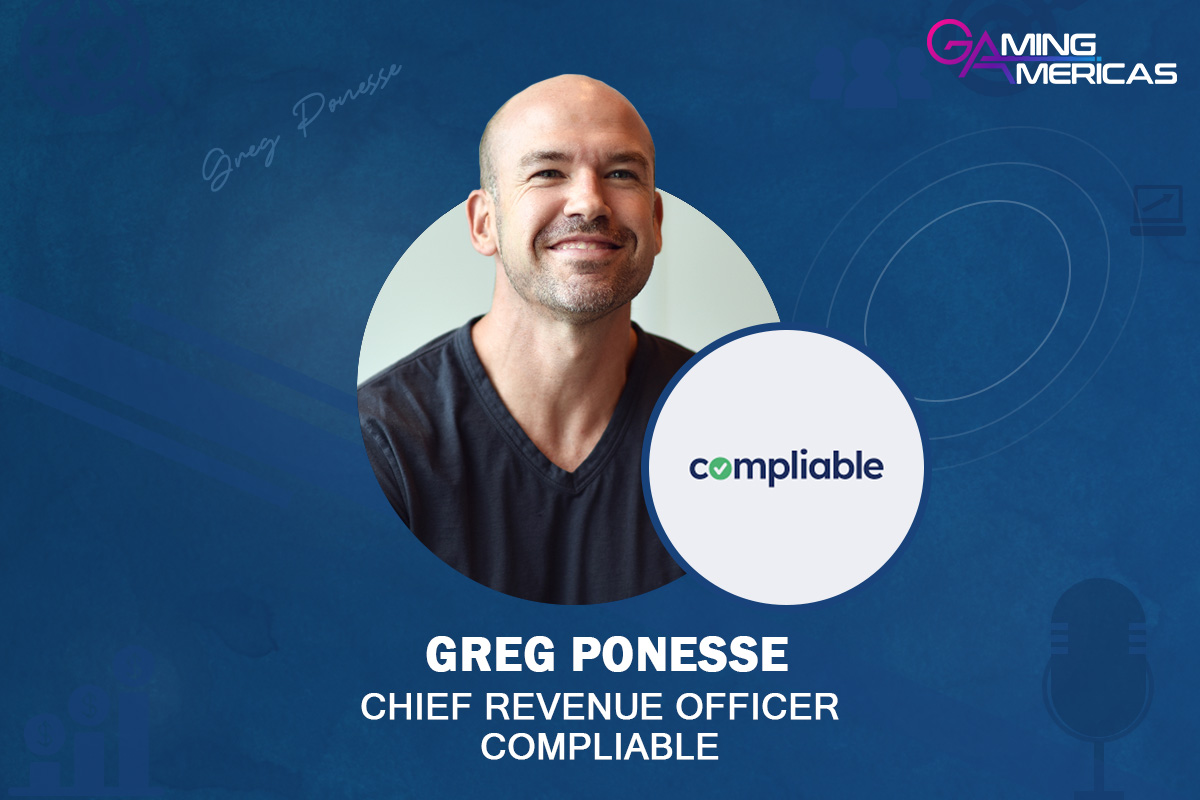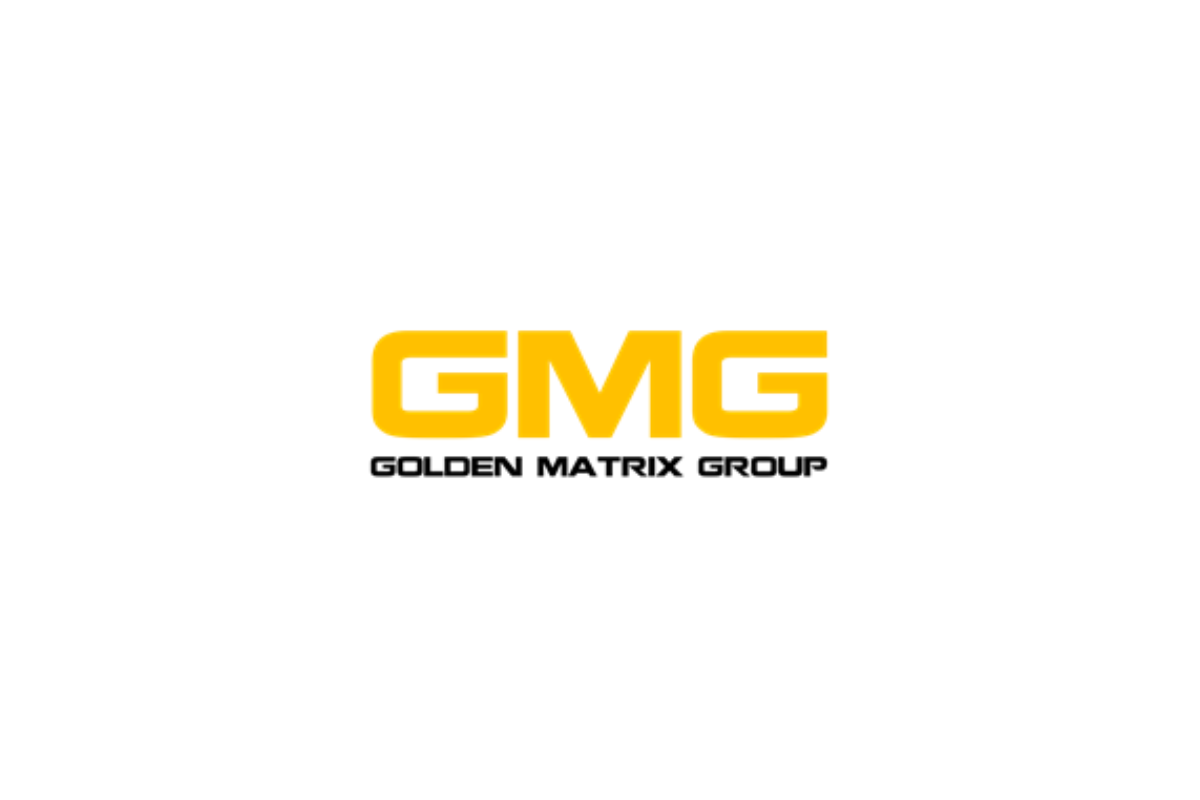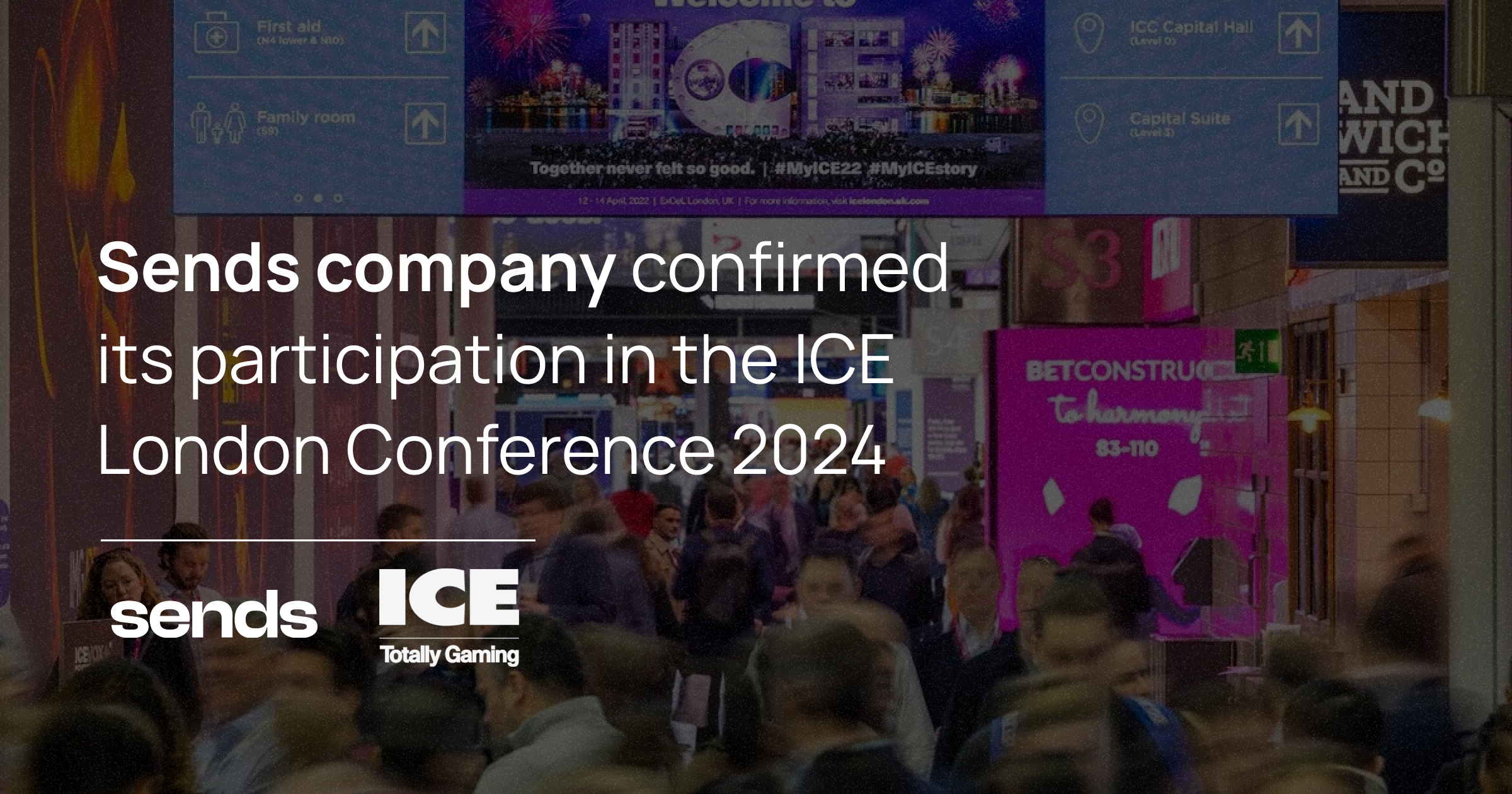
How suppliers can maintain a presence in the US space
While a lot of talk about the US betting and gaming markets have been around operators and the highly competitive climate, behind the scenes, suppliers are also battling for a slice of the cake.
From powering betting and casino offerings to providing games content, reg tech, and RG solutions, the US is a region with high potential for suppliers willing to invest time and resources.
We spoke with Compliable’s Chief Revenue Officer, Greg Ponesse, to discover more about how suppliers can establish a presence and achieve their goals in the US.
A lot of the recent focus on North America has been around operators and the tough competitive landscape, but how are suppliers faring?
Overall, suppliers are doing quite well. This is partly driven by the simple fact that all operators rely heavily on suppliers in one way or another to run their businesses. On the platform and content side, the big players such as Light & Wonder, Everi, Aristocrat and Playtech, are especially vital as their casino offerings keep operators progressing. In a way, they become the production engine for operators and help entice customers to the gambling sites.
Smaller content suppliers may have a tougher time to fight off the competition from well-established land-based US giants, but as the markets mature, we are likely to see an increase of newer studios in the casino lobbies.
Outside of the content sphere, there is plenty of excitement around suppliers of reg tech, responsible gambling solutions, geolocation platforms and KYC tools etc, which are crucial for operators to further grow their businesses, so I expect to see more growth in that area too.
How do the licensing requirements differ for suppliers in the US compared with operators?
Both must navigate a complex and often-changing regulatory landscape but operators usually require a more comprehensive type of license due to their direct interaction with consumers and handling of player funds, meaning more rigorous and stricter investigations and background checks. This can include scrutiny of financial history, research into key employees, and inspections around anti-money laundering practices and responsible gaming.
Providers of goods and services to the industry need different types of licenses, and often fewer ones, with less stringent regulatory requirements regarding operational procedures. They must however adhere to standards ensuring the integrity and security of their products and can face a more focused set of rules related to specific technical standards and testing requirements.
From a cost perspective, an operator’s market entry fee is typically markedly higher than a supplier’s, including steeper licensing fees and taxes.
Are there any challenges that suppliers need to be aware of before entering the space, especially coming from Europe? Any common mistakes?
The first thing to determine is what type of license is required, and we often see suppliers apply for the wrong license or licenses they don’t necessarily need. This slows down the process and can end up being costly, so getting some guidance around this is recommended.
There are major regulatory differences in the US compared to Europe, with laws varying by state, so suppliers must be ready to navigate this unique landscape. Common mistakes include underestimating the complexity and cost of compliance and licensing, not adapting products to specific consumer tastes, meeting the legal requirements of different US states, overlooking the importance of local partnerships and networks, failing to have a robust plan for payment processing that complies with US regulations, and ignoring the potential for intellectual property disputes.
The overall licensing procedure is lengthy and complicated so European providers need to be prepared for detailed background checks and long waiting periods. To avoid any difficulties, companies must be fully committed and ready to adapt and comply with all the rules and regulations in the US.
Will the investment be worth the rewards for suppliers entering the US or is the local competition too hard?
From a traditional game perspective, the US has some well-established suppliers with a long history in the land-based sector and they are doing extremely well. There are however European suppliers who are also popular in the US market. In order to be successful, it is all about competitive differentiation as that is what operators are looking for. Evolution is a great example of this. As a fairly late market entry, they have still managed to stand out and is now dominating the live casino space with an unparalleled offering.
Many European suppliers have been in the market for a long time, so they have the knowledge and experience that can give them a competitive edge as they enter the US. It does take a lot of resources and investment but if you have a truly innovative product, you can make a mark.
How can Compliable help suppliers in the space?
We provide speed and accuracy and enable companies to keep up to date on what licenses are required. Our scalable platform allows employees to securely enter their information just once, with the data then being auto-populated across multiple forms and applications, making it simple to apply for different jurisdictions at the same time. Compliable keeps users aware of the licensing journey and offer FAQs and 24/7 help throughout.
We accelerate the licensing process for both operators and suppliers, giving them a competitive advantage in an industry where the first movers retain larger market share. Speed is just as important for suppliers who must keep up with the expansion of their operator partners, and we can offer that necessary support.









